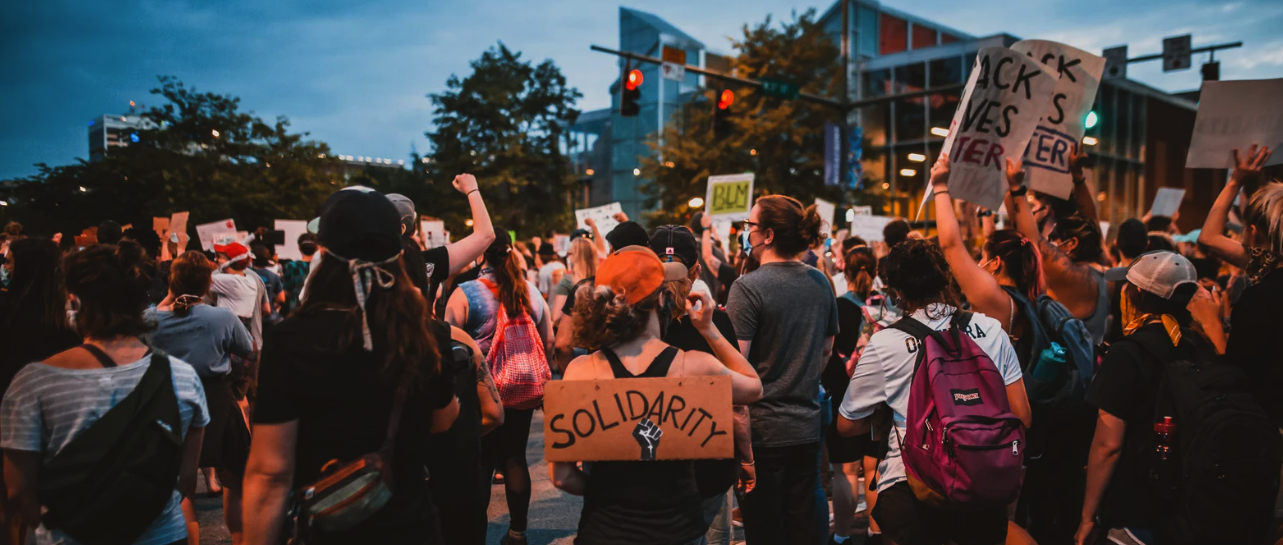In social sciences, game theory (originally used in mathematics) has become a fundamental tool for understanding and transforming human dynamics in the context of uncertainty. This approach invites us to see interactions not only as confrontations between opposing interests but as opportunities to build agreements that benefit all parties involved. In times of social transformation, this perspective acquires special relevance as it allows us to approach conflicts as turning points where it is possible to reconfigure power relations and cooperation.
Table of Contents
Beyond the zero-sum game
One of the major contributions of game theory is its ability to challenge the idea that all conflicts are “zero-sum”, i.e. that the benefit of one party necessarily implies the loss of the other. This traditional view is probably insufficient to understand the complexity of the interactions we have in our societies and especially in highly interdependent contexts such as international relations and global challenges.
A concrete example
Nuclear disarmament during the “cold war” is an example of two “super powers” showing that even in situations of mutual distrust it is possible to identify common interests, which is the key in this process. Through a gradual and progressively verifiable process the two nuclear arsenals, the United States and the Soviet Union managed to transform a dilemma of extreme distrust into a dynamic of global cooperation in the 80’s and 90’s.
The key in this model of breaking down big problems into small, concrete and verifiable actions reminds us that even the most complex conflicts can be addressed constructively if the parties share a common vision of the world.
Crisis is a space for transformation
Instead of seeing crises as mere episodes of rupture, it is important to interpret them as moments of transition where new possibilities emerge. They are moments that force us to rethink and rethink the rules “of the game” to open spaces for innovation and cooperation. Game theory can offer tools to analyze how these critical moments can become opportunities to re-engineer our global social interactions.
Solving climate change is not possible per se, but should in no way depend on a competitive logic between nations but on global collaborative agreements based on incremental, and most importantly, verifiable commitments.
Lessons from current crises
The current geopolitical crisis between Russia and Ukraine (and NATO ) exemplifies how gradual escalations can lead in the wrong direction: polarization continues to push away any possibility of reconciliation for the time being. Each military offensive with new weapons or economic sanction reinforces a cycle of mistrust leading to continued confrontation. Game theory allows to analyze and understand this dynamic through the “ Chicken game”, a “game” without cooperation of the parties; it is a model that illustrates how strategic decisions in risky contexts can lead to a destructive confrontation if none of the parties gives in. According to the “game,” two drivers are speeding toward a collision point, and the outcome depends on whether one decides to swerve or whether both persist in their path. Each escalation in this conflict (such as the supply or use of advanced weaponry) could be interpreted as a reinforcement of each actor’s position, which intensifies the polarization and accelerates the cycle of mistrust that makes any gesture of conciliation be perceived as a strategic defeat.
The fundamental problem in this type of interaction is that the longer the escalation continues, the more difficult it becomes to find a way out.
Now, to transform this “game” into a cooperative model, the conflict must be re-engineered into a “Prisoner’s Dilemma”, where the parties involved interact in multiple rounds with progressive and verifiable compromises. This requires fragmenting the problem into small steps with partial agreements overseen by neutral mediators and thus building progressive trust between the parties. By introducing iterated rounds of cooperation, both parties would have incentives to avoid a head-on clash.
This also very complex transformational approach could change the narrative of loss and pride to a strategic dynamic based on shared interest.


